The gargantuan comet will strafe Saturn’s orbit in 2031. Scientists are stoked.
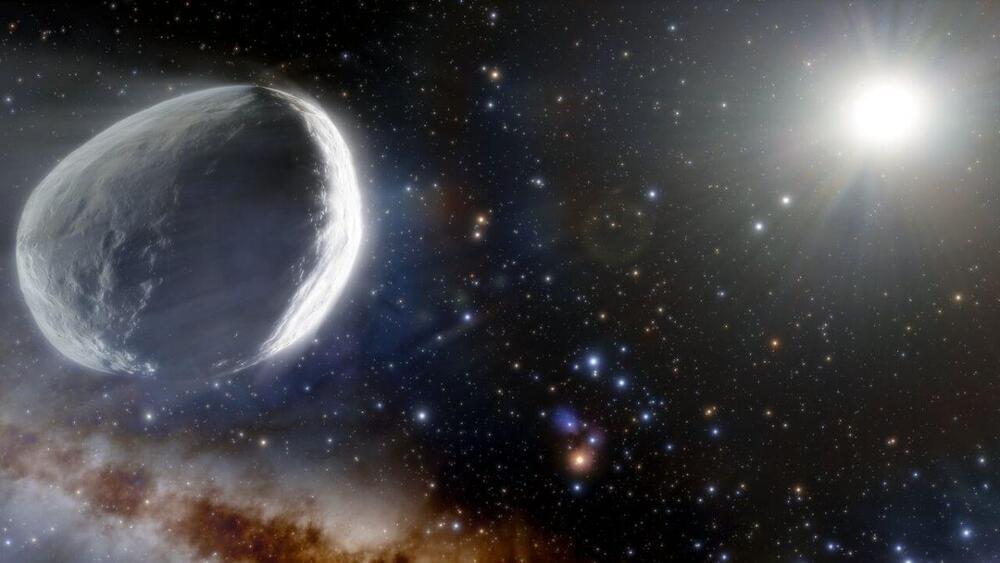

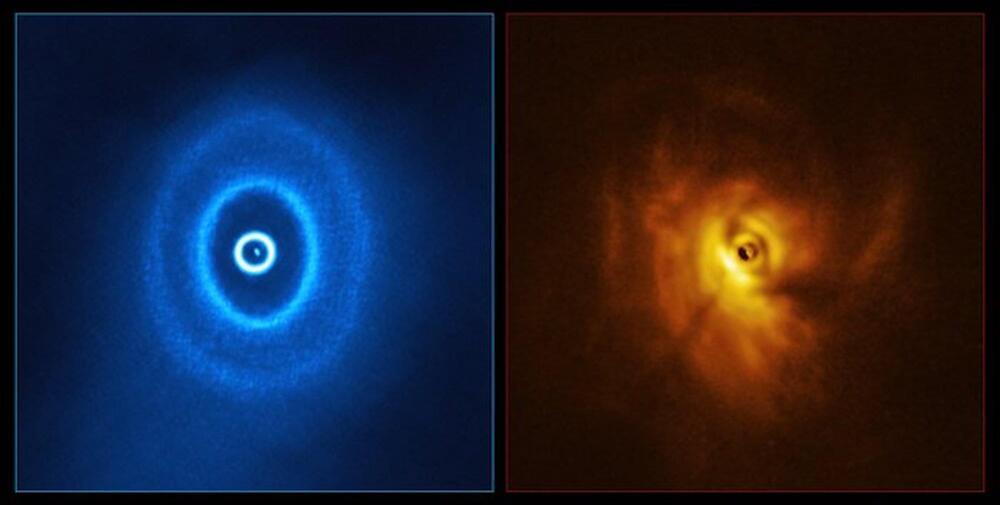
UNLV researchers and colleagues may have identified the first known planet to orbit three stars.
Unlike our solar system, which consists of a solitary star, it is believed that half of all star systems, like GW Ori where astronomers observed the novel phenomenon, consist of two or more stars that are gravitationally bound to each other.
But no planet orbiting three stars—a circumptriple orbit—has ever been discovered. Perhaps until now.
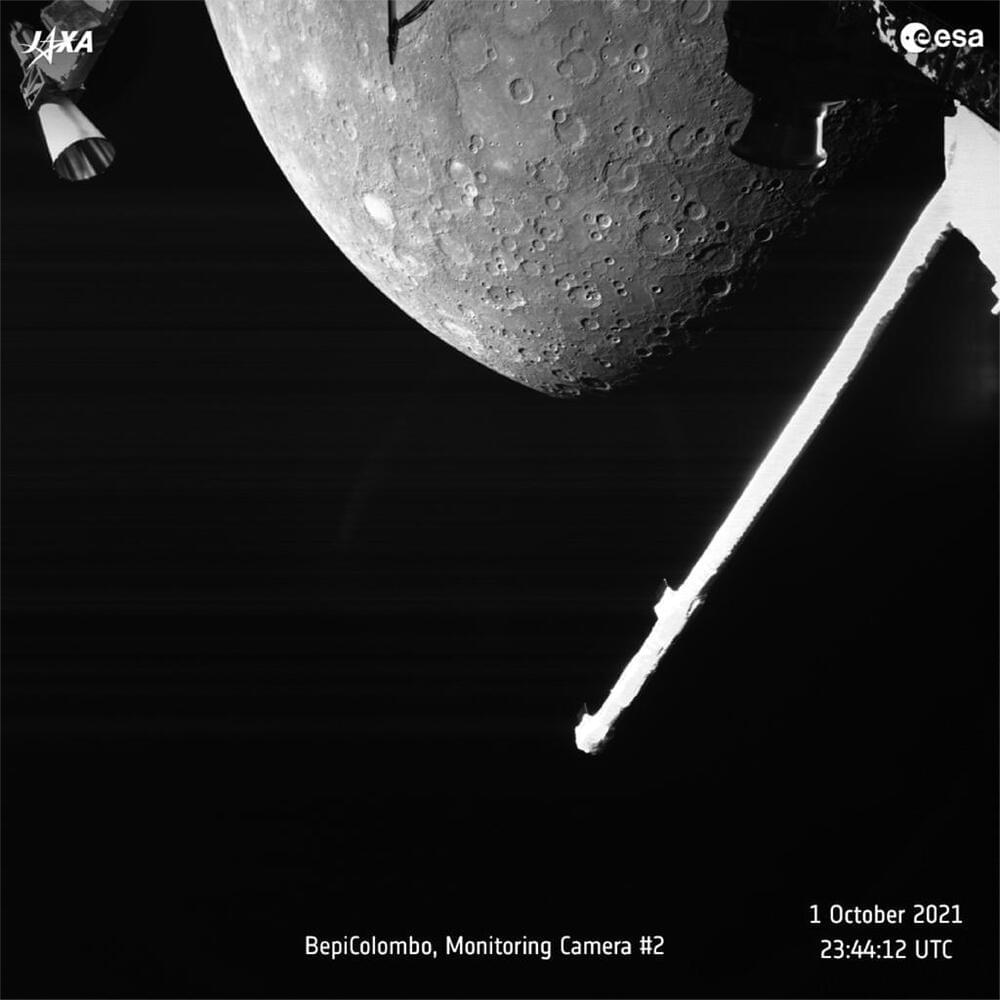
BERLIN (AP) — A joint European-Japanese spacecraft got its first glimpse of Mercury as it swung by the solar system’s innermost planet while on a mission to deliver two probes into orbit in 2025.
The BepiColombo mission made the first of six flybys of Mercury at 11:34 p.m. GMT (7:34 p.m. EST) Friday, using the planet’s gravity to slow the spacecraft down.
After swooping past Mercury at altitudes of under 200 kilometers (125 miles), the spacecraft took a low resolution black-and-white photo with one of its monitoring cameras before zipping off again.
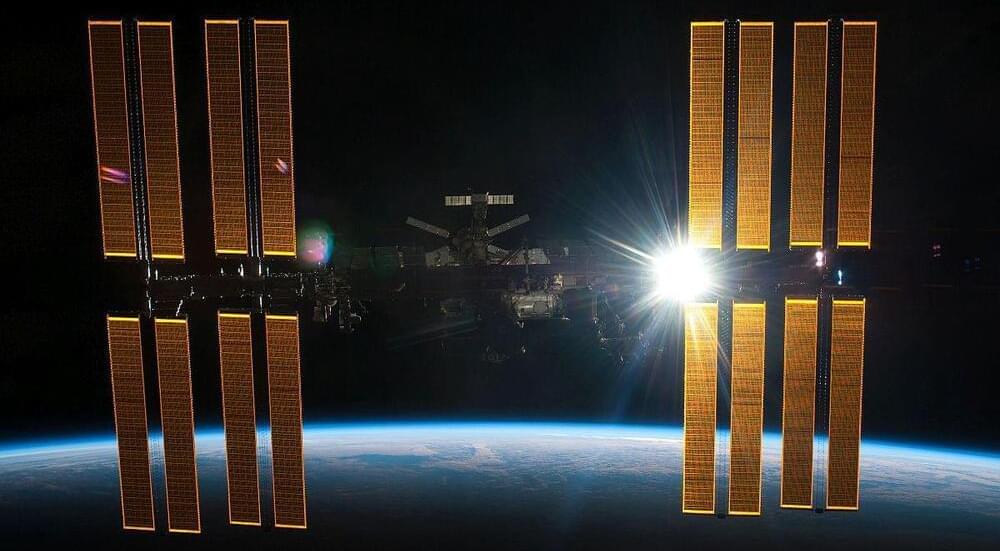
The future of space stations is uncertain once the International Space Station ends its mission — China and private industry could fill the void. — Retiring the International Space Station in the coming years presents a big void — what will be the future of space stations once the International Space Station meets its fiery death in the coming years? And SHOULD the ISS be decommissioned, or might the mission lifetime be extended?
Construction of the International Space Station (ISS), started in 1,998 was completed in 2011. Since that time, the ISS has housed travelers in space from 19 countries. Possessing the only laboratory for long-duration microgravity research, discoveries aboard the orbiting outpost have led to a bevy of new discoveries.
Now, its mission could be over as early as 2,024 as that is the time agreements between NASA and international partners comes to an end. However, on the 25 August, NASA Administrator Bill Nelson stated his support for extending the mission of the space station until the year 2030.


About six years ago, the CEO of Toyota Research Institute published a seminal paper about whether a Cambrian explosion was coming for robotics. The term “Cambrian explosion” refers to an important event approximately half a billion years ago in which there was a rapid expansion of different forms of life on earth. There are parallels with the field of robotics as modern technological advancements are fueling an analogous explosion in the diversification and applicability of robots. Today, we’re seeing this Cambrian explosion of robotics unfolding, and consequently, many distinct patterns are emerging. I’ll outline the top three trends that are rapidly evolving in the robotics space and that are most likely to dominate for years to come.
1. The Democratization Of AI And The Convergence Of Technologies.
The birth and proliferation of AI-powered robots are happening because of the democratization of AI. For example, open-source machine learning frameworks are now broadly accessible; AI algorithms are now in the open domain in cloud-based repositories like GitHub; and influential publications on deep learning from top schools can now be downloaded. We now have access to more computing power (e.g., Nvidia GPUs, Omniverse, etc.), data, cloud-computing platforms (e.g., Amazon AWS), new hardware and advanced engineering. Many robotics startup companies are capitalizing on this “super evolution” of technology to build more intelligent and more capable machines.
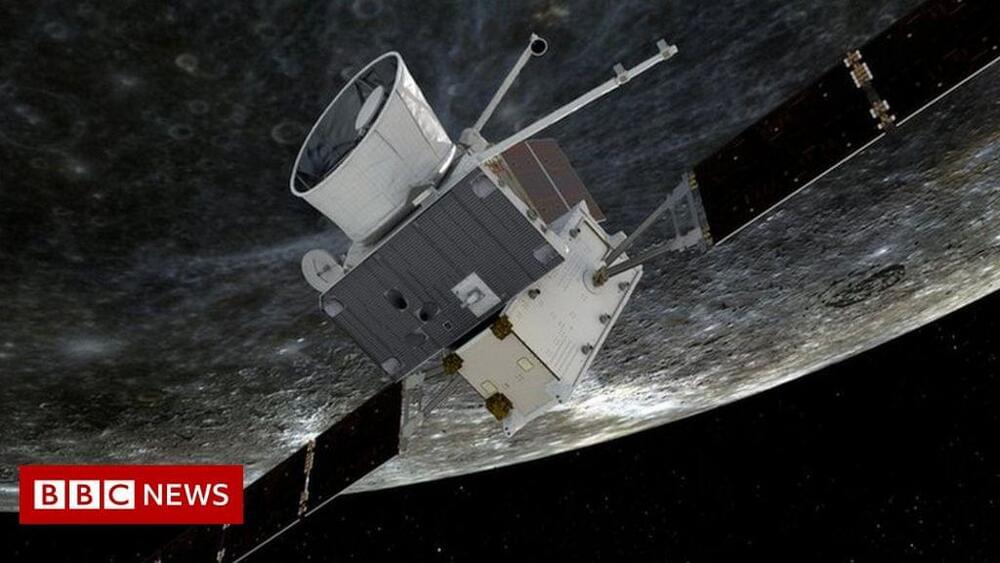
BepiColombo will complete its first of six Mercury flybys on October 1st. Some cameras will be operating so we’ll get some images. Some science, too.
BepiColombo made a quick visit to Venus in August and is on to its next rendezvous. On October 1st it’ll perform a flyby of Mercury, the spacecraft’s eventual destination. This visit is just a little flirtation—one of six—ahead of its eventual orbital link-up with Mercury in late 2025.
The quick visit will yield some scientific results, though, and they’ll be just a taste of what’s ahead in BepiColumbo’s one-year mission to Mercury.
BepiColombo is on a bit of a tour of the inner regions of the Solar System on its way to Mercury. The complicated route full of flybys of Earth, Venus, and Mercury is the only way to get the spacecraft into orbit at Mercury. BepiColombo launched in October 2018 from Europe’s Spaceport in French Guiana. Then it travelled through space for a year and a half before returning to Earth for a gravity-assist manoeuvre that directed it toward Venus.
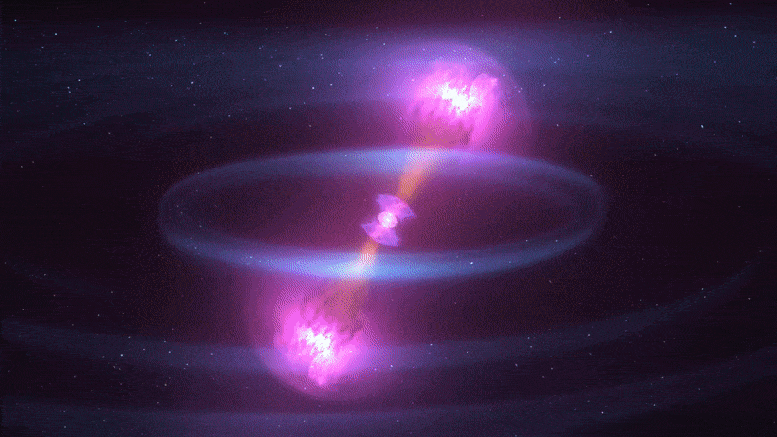
In the 2030’s, gravitational-wave detectors will be thousands of times more sensitive than Advanced LIGO
The Laser Interferometer Gravitational-Wave Observatory (LIGO) is a large-scale physics experiment and observatory supported by the National Science Foundation and operated by Caltech and MIT. It’s designed to detect cosmic gravitational waves and to develop gravitational-wave observations as an astronomical tool. It’s multi-kilometer-scale gravitational wave detectors use laser interferometry to measure the minute ripples in space-time caused by passing gravitational waves. It consists of two widely separated interferometers within the United States—one in Hanford, Washington and the other in Livingston, Louisiana.
HI! I am a news anchor and I have a passion for making videos and I love sharing parts of my experience with you, the viewer!
Your support for my channel means a lot. Thanks for watching and if you have any video ideas, shoot me an email, [email protected].
Check out my website, elianasheriff.com.
Follow me on instagram @elianasheriff.
Tweet me @esherifftv.
WANT TO HELP ME MAKE MORE CONTENT?
Head over here: https://www.patreon.com/user?u=47580275